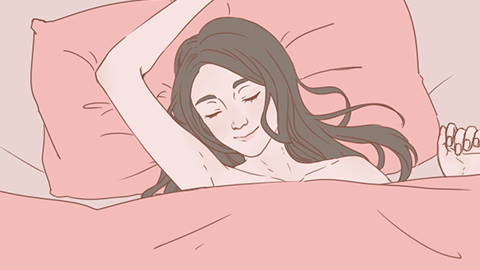How to self-heal from anxiety disorder
Anxiety disorder self-management can generally be achieved through regular sleep schedule adjustment, cognitive restructuring exercises, progressive muscle relaxation training, cultivating hobbies and interests, daily emotional journaling, and other methods. Specific details are as follows:

1. Regular Sleep Schedule Adjustment: Maintain consistent daily wake-up and bedtime hours, ensuring 7–8 hours of sleep. Avoid staying up late or oversleeping. A stable sleep routine helps regulate nervous system function and reduces anxiety exacerbation caused by sleep disturbances.
2. Cognitive Restructuring Exercises: When experiencing excessive worry, rationally evaluate the validity of these concerns, distinguishing between "realistic issues" and "catastrophic thinking." Replace negative thought patterns with more objective perspectives to gradually reduce anxiety triggers.
3. Progressive Muscle Relaxation Training: Starting from the feet, systematically tense and then relax each muscle group in the body, holding tension for 5 seconds per area. Focus attention on the sensations of muscle tension and release. Practicing for 10 minutes daily can help relieve physical tension and reduce anxiety.
4. Cultivating Hobbies and Interests: Engage in enjoyable activities such as painting, reading, gardening, etc. Focusing on these activities diverts attention away from anxiety-provoking thoughts and provides a sense of accomplishment, thereby improving emotional well-being.
5. Daily Emotional Journaling: Record the time, context, and feelings associated with each anxiety episode. Analyze potential triggers and identify patterns to develop targeted coping strategies. Long-term tracking helps gain deeper insight into personal anxiety patterns.
These self-help strategies require consistent, long-term practice to be effective. If anxiety symptoms persist or worsen, or if self-regulation becomes unmanageable, it is important to seek professional help promptly to avoid delaying appropriate intervention.





